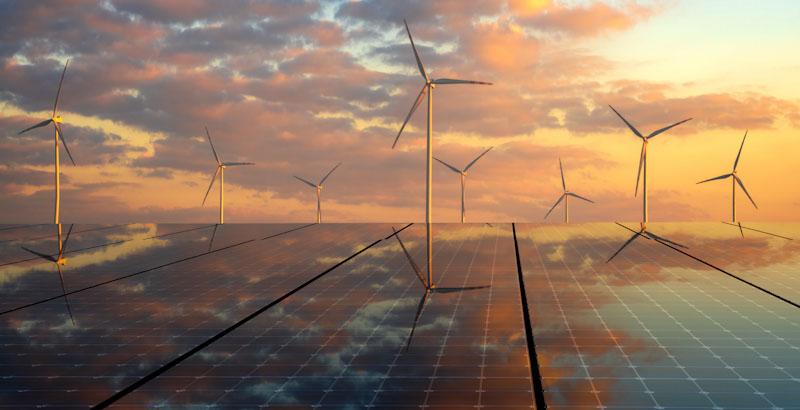The government has announced reforms to the country's energy system, designed to make British energy secure, protect households from energy price spikes, reindustrialise the country with thousands of skilled jobs, and tackle the climate crisis.
The plan contains measures to get more homegrown clean power to people, including cleaning up a dysfunctional grid system by prioritising the most important projects and ending the ‘first-come-first served’ system; speeding up decisions on planning permission by empowering planners to prioritise critical energy infrastructure; and expanding the renewable auction process to stop delays and get more projects connected.
It is hoped the reforms will unleash £40 billion a year of mainly private investment in homegrown clean power projects and infrastructure across the country, creating good jobs across the country including engineers, welders and mechanics.
Energy Secretary Ed Miliband said: "A new era of clean electricity for our country offers a positive vision of Britain’s future with energy security, lower bills, good jobs and climate action. This can only happen with big, bold change and that is why the government is embarking on the most ambitious reforms to our energy system in generations.
"The era of clean electricity is about harnessing the power of Britain’s natural resources so we can protect working people from the ravages of global energy markets.
"The clean power sprint is the national security, economic security, and social justice fight of our time - and this plan gives us the tools we need to win this fight for the British people."
Energy UK CEO Dhara Vyas said: "The energy industry welcomes the ambition behind the Clean Power Action Plan because it can accelerate the benefits that will be felt by people across the country through increased energy security, investment, growth and job creation.
"Meeting the goal however is a formidable challenge and can only happen by tackling barriers and delays that will otherwise jeopardise this ambition and which have been constraining the country’s economic growth for some time.
"So we support the need for fundamental changes that speed up the planning process, enable the swift construction of critical infrastructure, cutting the time for grid connections and enabling more homes and more businesses to benefit from the expansion of clean energy far more quickly. A clean power system must also include the necessary expansion of other established and emerging clean technologies, including storage and flexibility.
"An undertaking of this scale obviously needs a comprehensive plan so we look forward to reading the detail. We also again underline the need for the clean energy drive to be accompanied by a focus on improving things for customers - not only by increasing our own sources of power to protect them from volatile energy costs, but by putting in place long term, targeted support for households struggling to afford bills, improving the energy efficiency of homes and buildings, and supporting the switch to cleaner and ultimately cheaper ways of heating and travelling."


